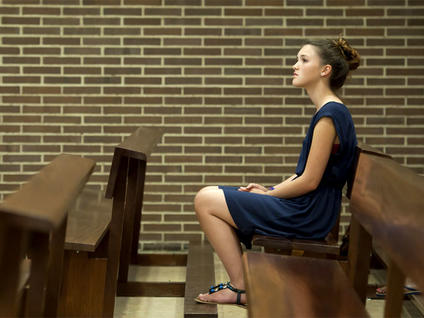Most Read from past 24 hours
Blog Template
- Home
- Blog Template

The Reason for your 3-Day Weekend0
- Culture
- July 1, 2016
It’s fashionable now to look cynically upon the Founders of our country, to dismiss their efforts as just rich, white men trying to grab power from other rich, white men. And while many of our educational and political leaders may push such a view, it’s ultimately simplistic and juvenile, likely driven by a cultural Marxist
READ MORE
If you want a cultural revolution, here’s what needs to be done.0
- Culture
- July 1, 2016
Reflecting on the American Revolution in 1818, John Adams wrote, “The Revolution was in the minds and hearts of the people; a change in their religious sentiments of their duties and obligations.” And so it is today. Last week’s tectonic shifts in law and culture were not aberrations; they were the culmination of a revolution
READ MORE
The Amazing Maturity of the Young Declaration Signers1
- Culture
- July 1, 2016
When we think of Independence Day and the men who affixed their signatures to the Declaration of Independence, it’s easy to lump them all together as wizened old men. But while some – such as 70-year-old Benjamin Franklin – were certainly getting up in age, many others were remarkably young. Consider the following list of
READ MORE

July 4th Trivia: Who Said It?0
- Culture
- July 1, 2016
As Intellectual Takeout noted yesterday, American students are sadly failing in the areas of civics and history. According to the 2014 Nation’s Report Card, only 23 percent of students achieve proficiency in civics and only 18 percent met U.S. history proficiency standards. Unfortunately, such limited knowledge can often lead to some embarrassing moments. Check out
READ MORE
Why Aren’t Americans Using Their Vacation Time?0
- Culture
- July 1, 2016
Today, many Americans are busy getting out of town for a 3-day weekend. But not as many as you think. According to a recent report by Project: Time Off, in 2015, Americans wasted 658 million vacation days, and 55 percent of Americans forfeited at least some of their time off. Why on earth would
READ MORE
Roseanne: ‘Hillary Owns the Press’0
- Politics
- July 1, 2016
It is a wise general rule to pay little or no attention to anything celebrities say. I am usually a firm subscriber to this rule, but I’m going to break it here. Roseanne Barr actually said something in an interview yesterday that piqued my interest. Barr, who unsuccessfully ran for president in 2012, was quoted
READ MORE
Latest Posts
-

-

-

Reflections on Punctuation ... And Death
- Culture, Featured, Philosophy, Religion
- February 25, 2026
-

-

We're Being Shaped by Smut
- Culture, Entertainment, Family, Featured
- February 24, 2026


